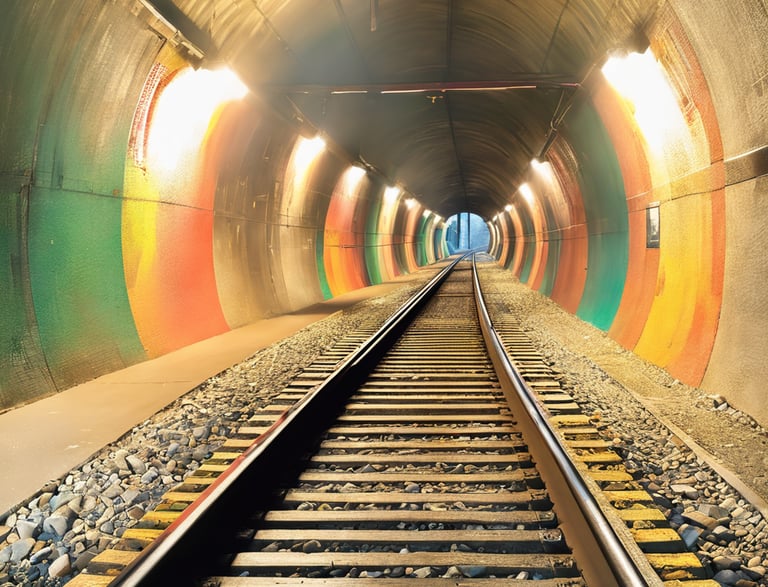Biden-Harris Administration announces $11 Billion for Hudson river tunnel project
Source: FRA
7/8/20242 min read


In a significant development for American infrastructure, the Hudson River Tunnel project has taken a major step forward with substantial support from the Biden-Harris Administration and the Bipartisan Infrastructure Law. This project, aimed at constructing a critical new rail tunnel between New York and New Jersey, is part of a broader $66 billion investment in passenger rail. This initiative represents the largest undertaking in the history of the U.S. Department of Transportation (USDOT). The 114-year-old existing tunnel, which was heavily damaged during 2012's Superstorm Sandy, will also be rehabilitated as part of this ambitious project.
USDOT officials have signed a Full Funding Grant Agreement through the Federal Transit Administration’s (FTA) Capital Investment Grants program, allowing an investment of nearly $6.9 billion to support the construction of the new tunnel and the rehabilitation of the existing North River Tunnel. This agreement represents the largest grant ever signed by the FTA. Additionally, U.S. Transportation Secretary Pete Buttigieg has approved three Railroad Rehabilitation and Improvement Financing (RRIF) loans totaling $4.1 billion through the Build America Bureau, providing financial support at below-market interest rates. Secretary Buttigieg emphasized the importance of this project, stating that it will improve train travel for millions of Americans and revitalizes a crucial rail corridor.
The Hudson Tunnel Project includes constructing a new double-track tunnel between New Jersey's Bergen Palisades and Manhattan, rehabilitating the North River Tunnel, and creating a concrete casing at Hudson Yards to connect the new tunnel to New York-Penn Station. These components will enhance service, improve reliability, modernize the tunnel's design, and mitigate future natural disasters, ensuring a seamless rail network. FTA Acting Administrator Veronica Vanterpool highlighted the project's broader economic impact, noting that improved rail service will benefit a region that contributes to more than 20% of the nation’s economy.

